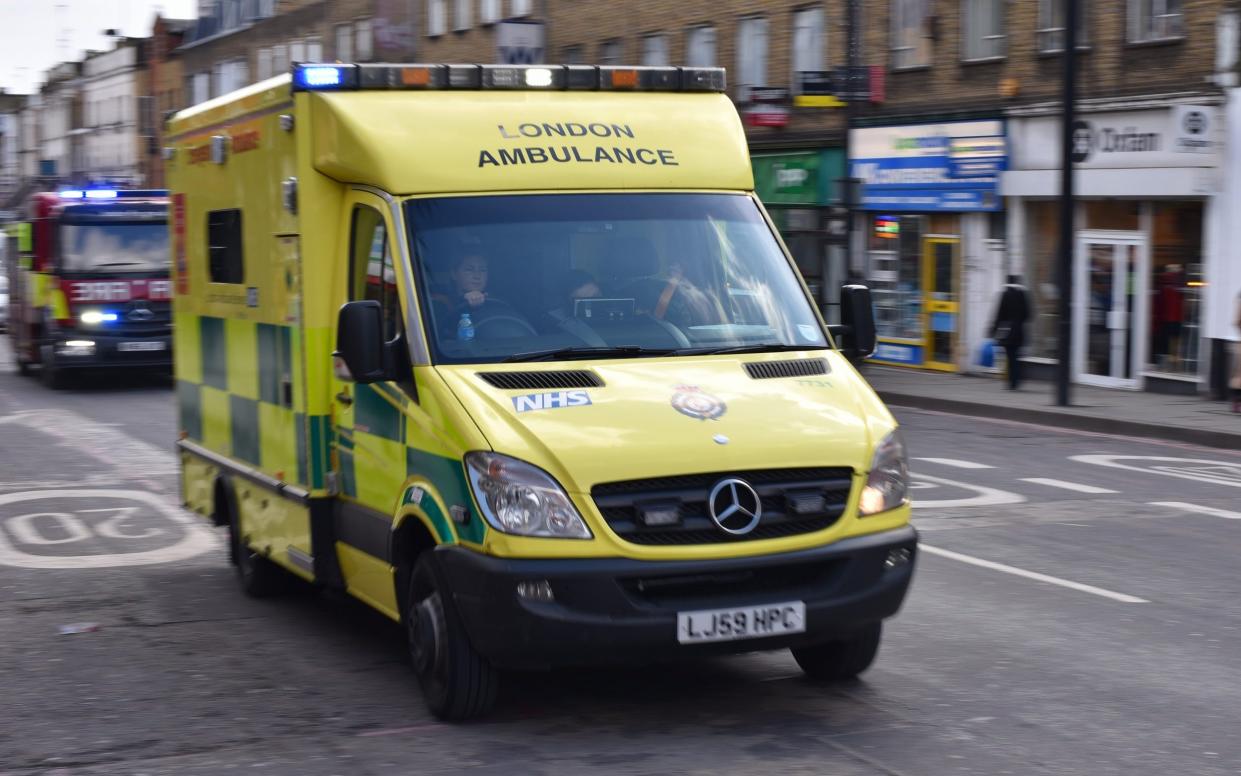Live video from emergencies to help 999 call handlers with rapid response

Video live-streamed on smartphones from the scene of emergencies will be put through to 999 call handlers as part of a new study.
The University of Surrey has partnered with South East Coast Ambulance Service and Kent, Surrey and Sussex Air Ambulance to trial the technology.
The study will test GoodSAM, a smartphone app that will live-stream footage at the scene but will not allow the images to be recorded.
Live-streaming video could be useful if the caller is struggling to describe the incident, for example, due to injury or language barriers.
Researchers will test how the technology performs in different conditions and whether the public is willing and able to use it. The potential impact of psychological harm to callers and dispatchers will also be assessed.
Psychological wellbeing impact
During the six-month pilot, a selection of calls to the operation centres in South East Coast Ambulance Service NHS Foundation Trust will use the technology.
The 999 caller will be sent a link to the platform which, when clicked, will allow dispatchers to see the scene via the caller’s camera phone.
Professor Cath Taylor, of the University of Surrey’s School of Health Services, said: “We need to learn if 999 callers are willing for their camera phones to be used and if emergency dispatchers find it useful.
“Using video has been a success in London when people have strokes or heart attacks, but will 999 callers be as willing to give access to their phone’s camera if they are with strangers at the side of a road?
“Or if there has been a stabbing or where they may feel in danger? What if the 4G coverage isn’t good in a remote area?
“We need to understand all these factors and it’s also really important that we understand if and how using video impacts the psychological wellbeing of people involved.”
Lives at stake
The findings of the study will inform a larger pilot to determine if live streaming could help emergency services to get to the scene more quickly.
Professor Richard Lyon, of the University of Surrey, said: “In major trauma incidents, quick decisions can save lives.
“Receiving real-time video directly from 999 callers’ mobile phones could allow emergency call centre staff to more rapidly and effectively assess whether to send a helicopter or a road ambulance and whether specialist resources are needed.
“With lives at stake and finite resources available to ambulance services, it’s vital that dispatchers have the best information so they can make the best decisions in critical circumstances.”

